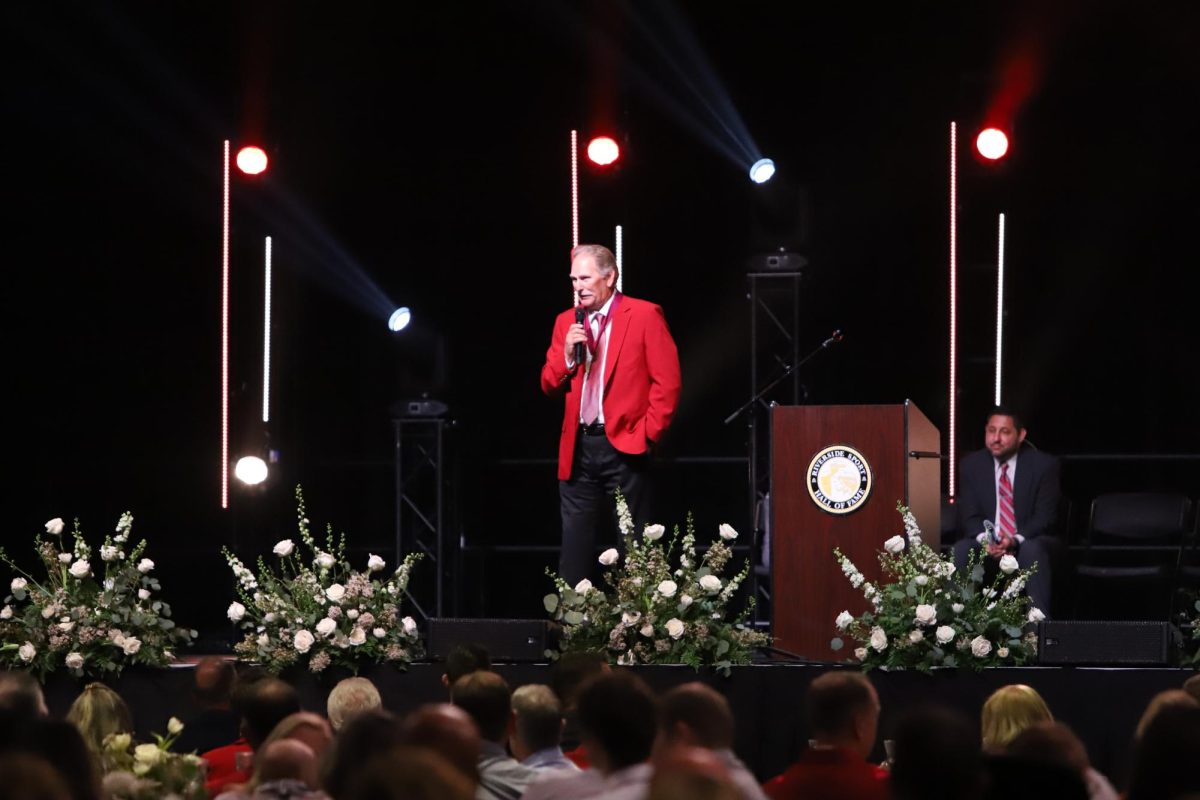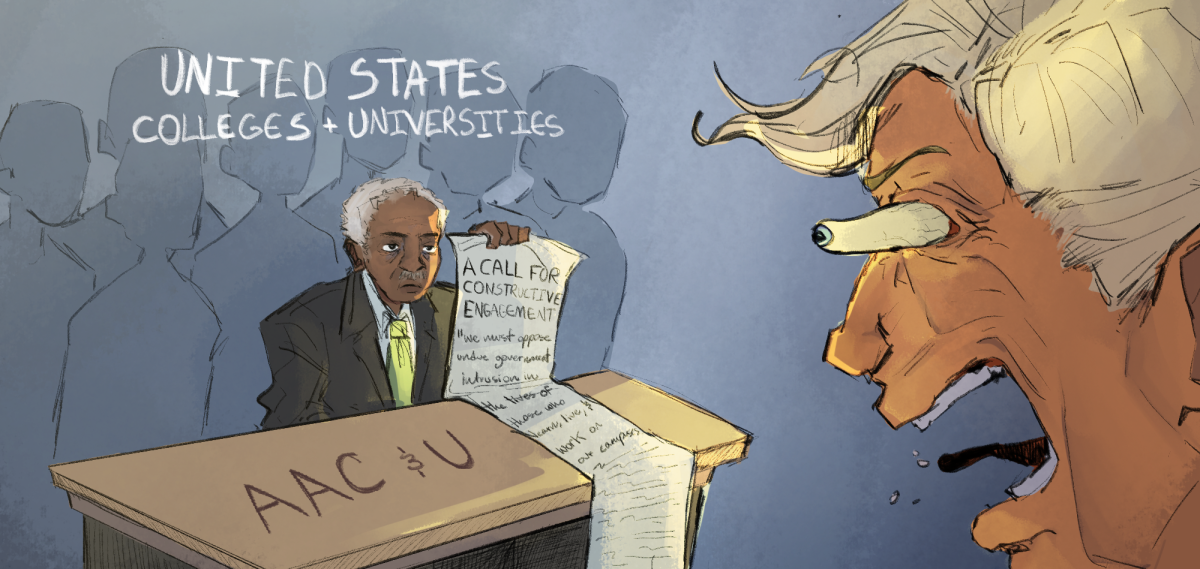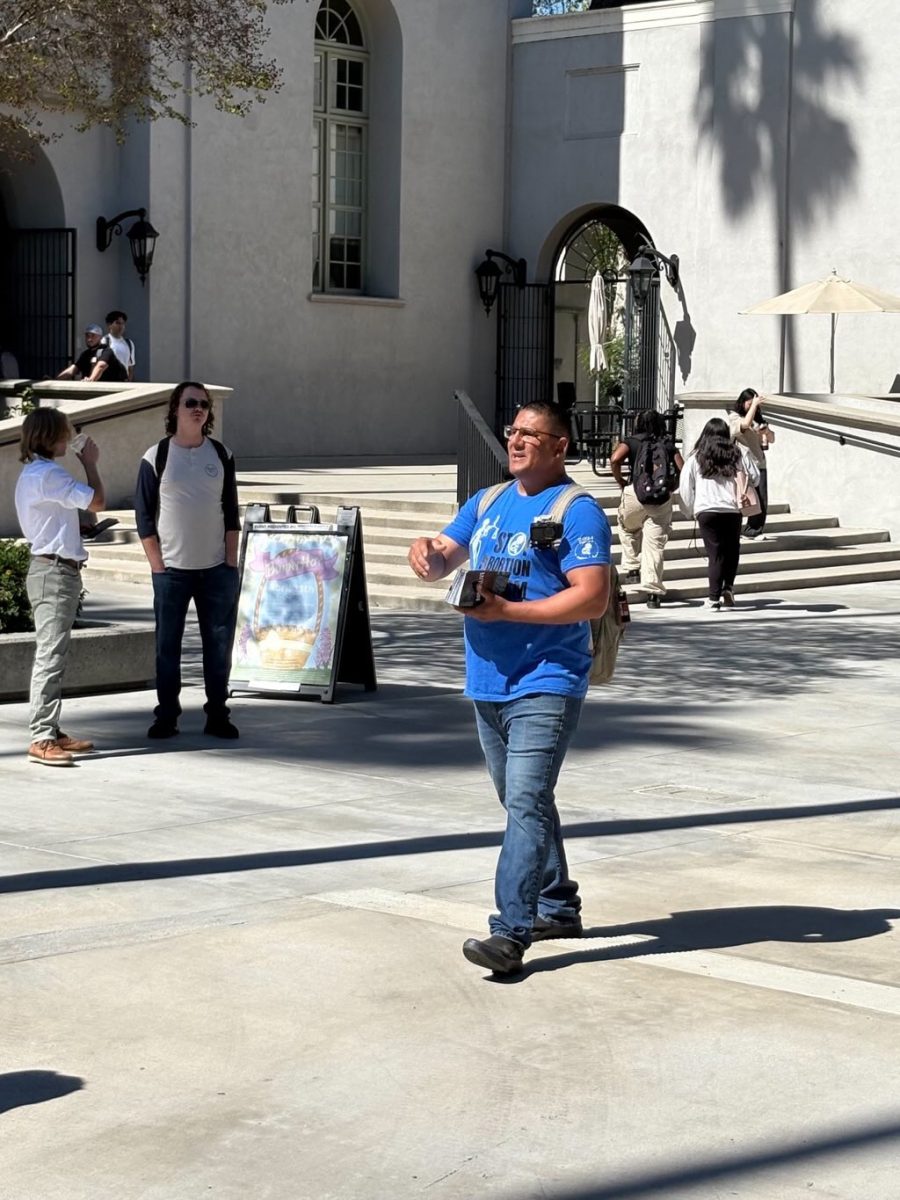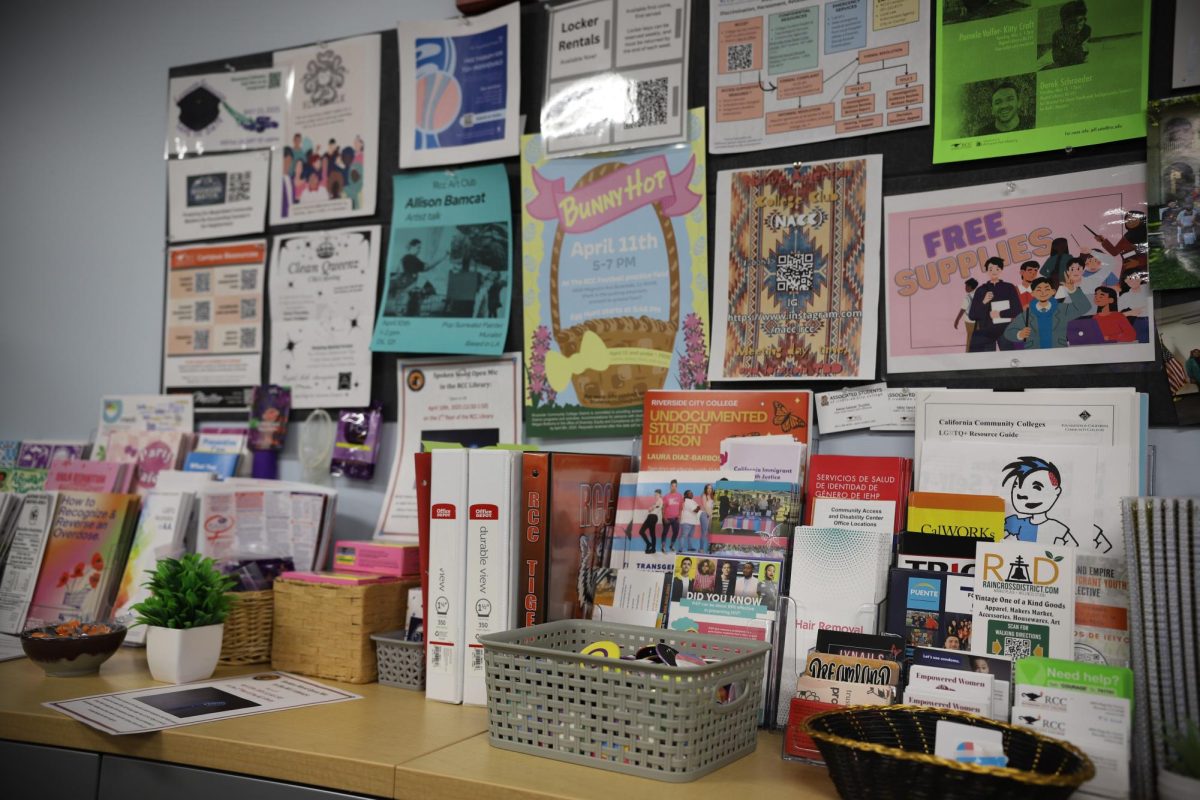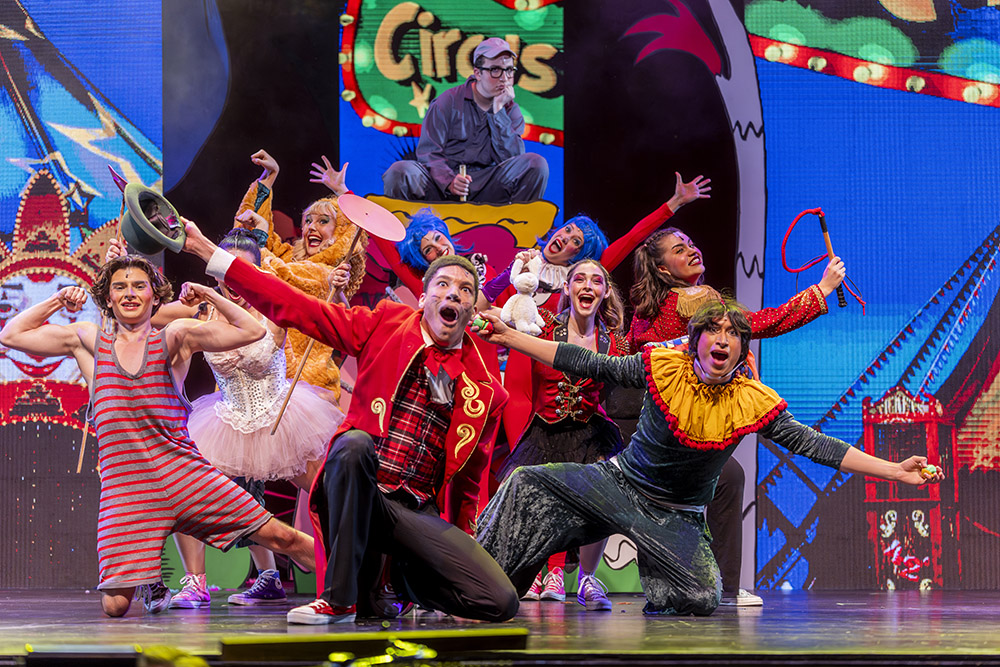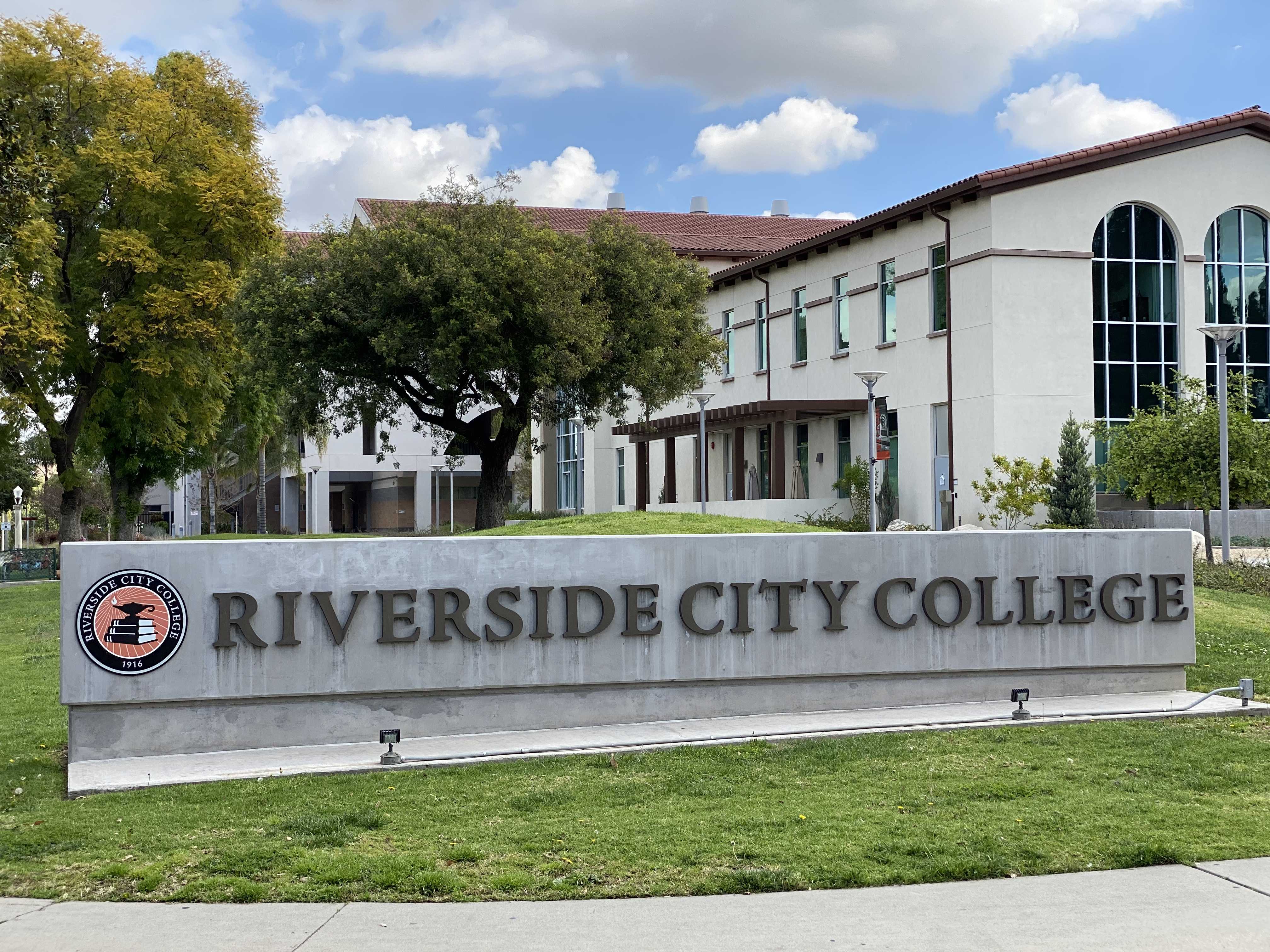
By Isabel Whitsett
Riverside City College student government and faculty have mixed emotions about returning to in-person classes.
Online education statistics indicated 97% of higher education institutions had moved a majority of their classes online as of June 2020 due to COVID-19. Although the decision was meant to ensure safety, 63% of undergraduate college attendees felt that distance learning was “worse” than in-person learning. However, 36% of those undergraduates felt the virtual format was the same or better than in-person learning.
Stefany Moctezuma Perez, Associated Students of Riverside City College vice president, shared that online learning has been easier and more convenient for her.
“As a single mom, it was hard to not have been able to find a class I needed online, so I would have to find a babysitter for my kids,” she said. “Now, having everything online is the best thing to happen to me.”
ASRCC has partnered with the Shared Governance Committee to ensure concerned students are properly taken care of and that communication is flowing smoothly between students and faculty.
“Directors, senators and I attend different Shared Governance meetings to address all the different concerns that we get from students,” Perez said. “It is a priority to build this bridge of communication between RCC faculty, or Shared Governance and the ASRCC or student leaders.”
Distance learning may be harder for some students than others. ASRCC and the Shared Governance Committee asked for student feedback on virtual learning, and the majority said that switching to distance learning has been more negative than positive.
“They have had to drop classes, they feel unmotivated, they miss a lot of assignments and the fact that it is harder to communicate with teachers is a major issue” Perez said. “They feel discouraged and much rather prefer in-person learning. Everything is a work in progress.”
Students are not the only ones who have been affected by the shift to virtual learning. Instructors have been affected as well.
Parissa Clark, a political science instructor at RCC, said connecting with students through online learning has been a challenge. Although she has a master’s degree in education and has been teaching for 20 years, Clark said she felt like a lot was at stake.
“I felt like I had to get it right because, if I didn’t my students wouldn’t understand college,” she said. “I’ve tried to come up with more creative ways to sort of force that bond with my students, but it’s certainly draining and challenging.”
To Clark, a class does not have to be overwhelmingly difficult to be meaningful. Extra work does not make up for the personal interaction being missed out on, she added.
“I do prefer in-person learning,” she said. “But when we do go back to that, why not have more hybrid classes to get the best of both worlds.”


